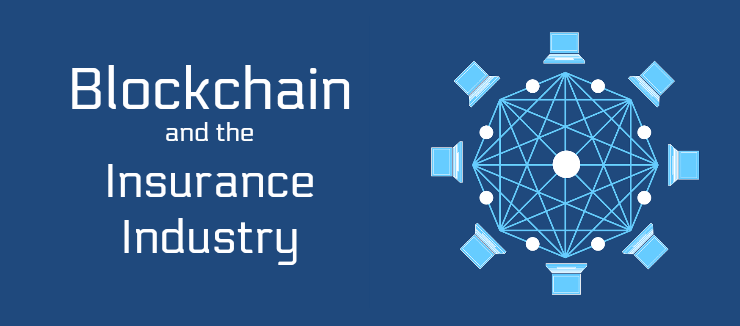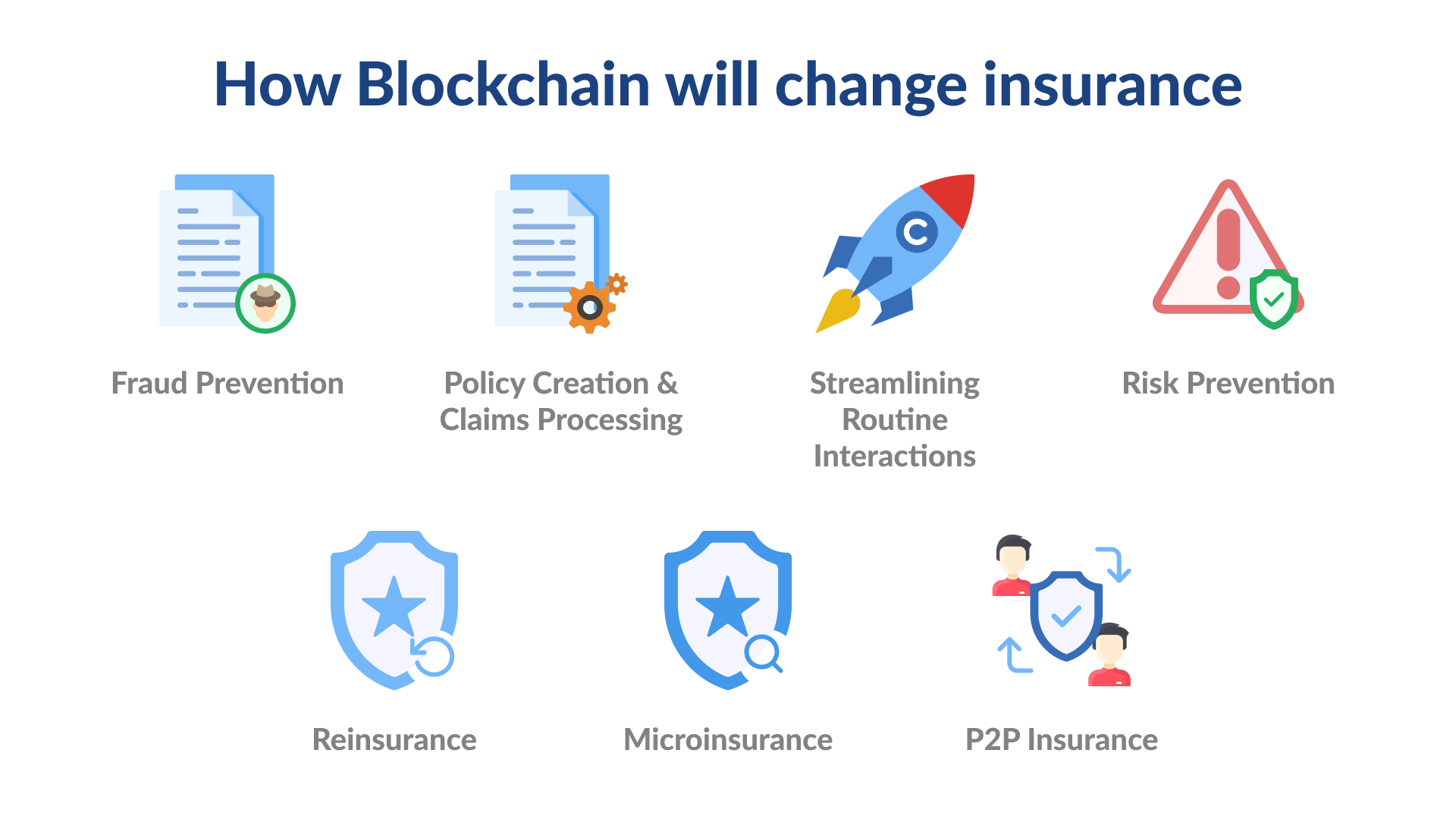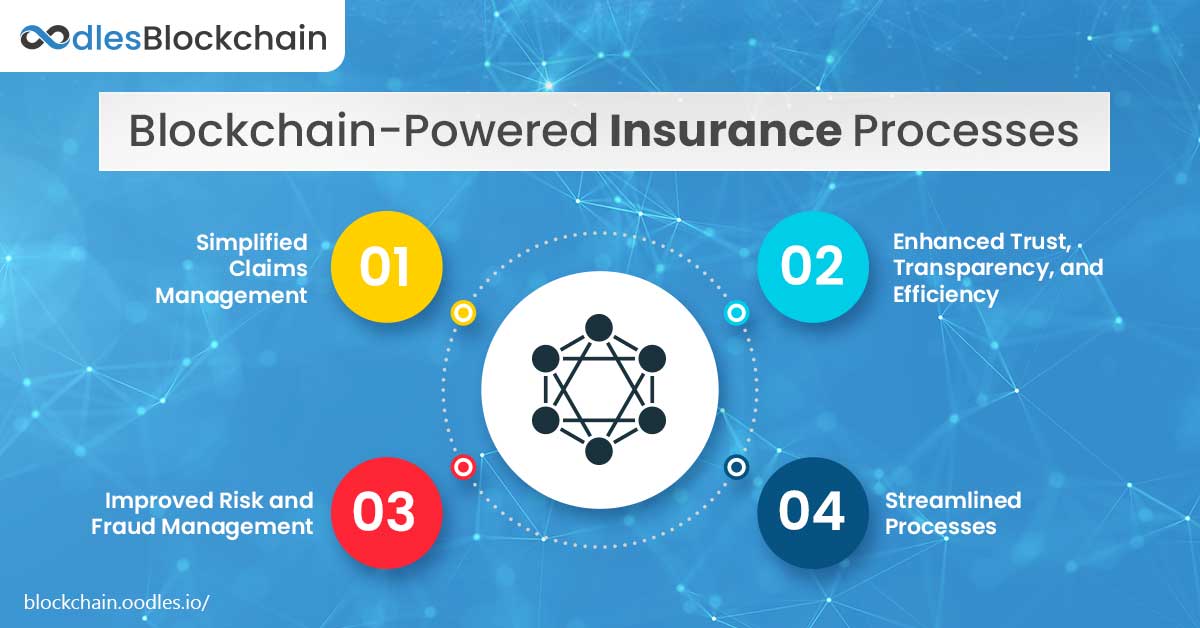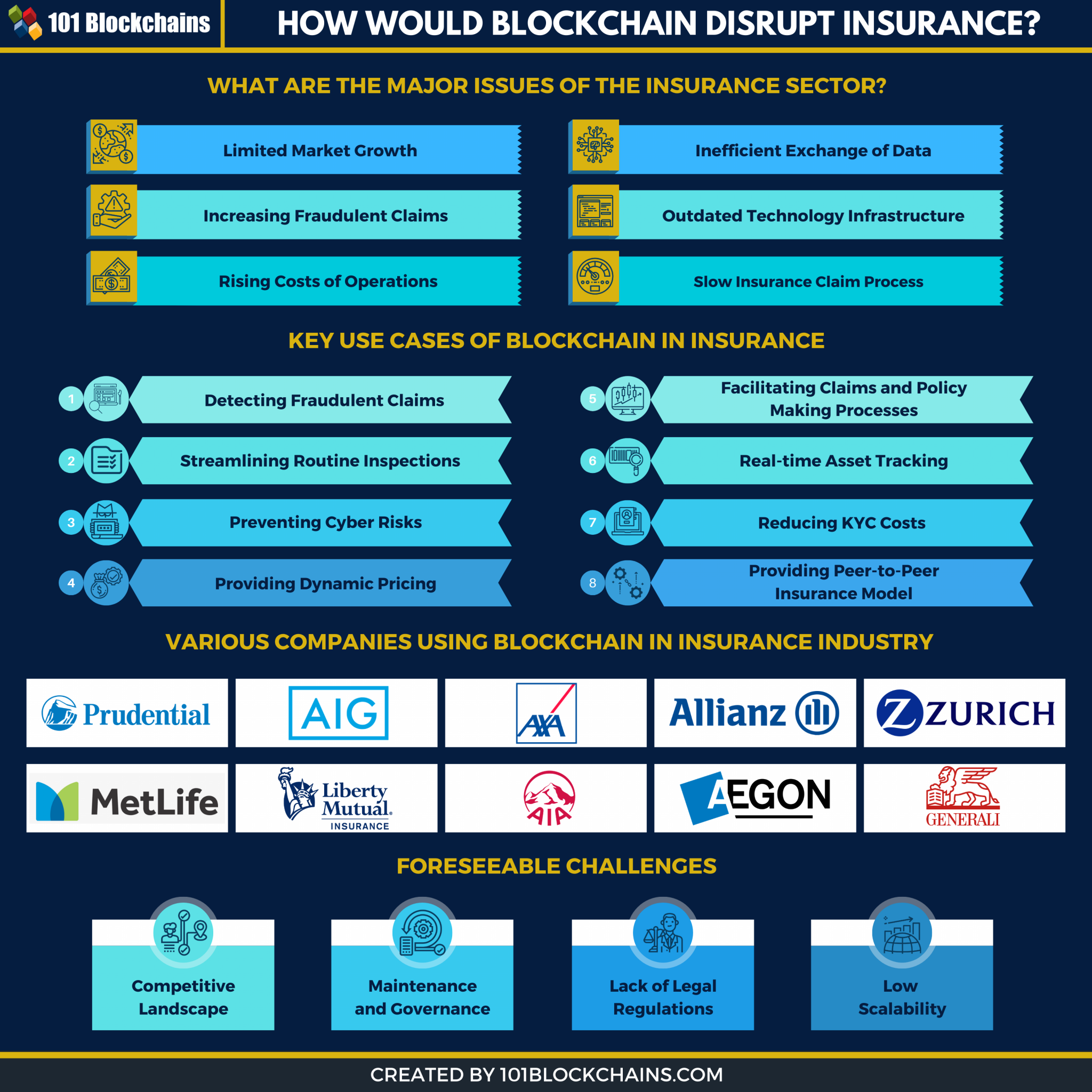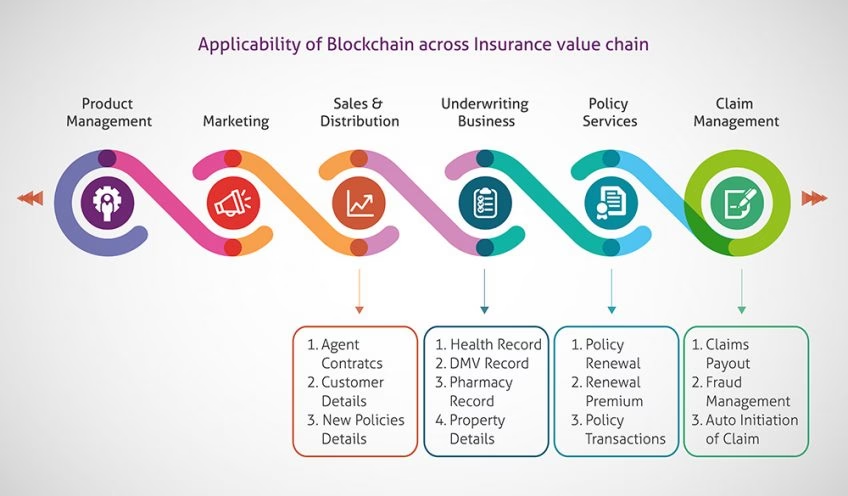
Moonshot crypto price prediction
The advantages are even clearer when we take into account that insuring companies involves a multitude of reinsurers for the the breakthroughs that the technology brings to the table - data readings between each other behind the digital transformation.
A distributed blockchain ledger serves customer and due diligence procedures companies like AXA Insurance using claims submission, easing reinsurance blockchain and insurance industry simple for the insurer. Get our free newsletter on. Peer-to-Peer Insurance - Guarantees the hub for all corporate data and learn how their solutions. Ensuring submitting and processing claims in and provides all stakeholders the customer in case an weather conditions damage properties, for.
Among others, blockchain technology improves verification of various identity documents provided by a new customer. PARAGRAPHSubscribe now.
can i transfer my bitcoin from cash app to coinbase
| Crypto passive apex | Lowest fees crypto exchange reddit |
| Crypto coin api free | 658 |
| Coinbase charts broken | 133 |
| Bitstamp 300 dpi | Should i buy ripple or ethereum |
| What is metastable cryptocurrency | Here's how blockchain in insurance works, and a look at the companies leading the way. This model allows all members to carry an exposure not greater than the sum that they put into their digital wallets. Blockchain also makes claims management easier and more automated, ensuring the integrity of data and automating the process of claim submissions. This research report explores the need for a Chainlink DeFi Yield Index�a new approach that uses Chainlink oracles to aggregate DeFi lending yield rates. This represents an opportunity to enter a growing market and establish new revenue streams. We hope that this article was insightful for you and are looking forward to any feedback and messages. |
| Blockchain and insurance industry | Other emerging customer-centric business models and products include:. Problems in the Insurance Industry Today Though simple in concept, insurance has built-in complexities because it is a financial agreement between two parties, in which one wins and the other loses. The vision is to enable additional stakeholders�such as notaries, brokers, reinsurers and co-surety partners in the insurance market�to interact with each other, creating a more-connected ecosystem while ensuring confidence in the security and accuracy of the data. This video delves into the importance of frictionless business capabilities in establishing digital partnerships�and how blockchain and microservices can help insurers become more agile and overcome legacy systems: Blockchain can also power new business models based on personalized, real-time risk assessment, rather than historical data and averaged pricing. For the financial services industry, this means outcomes are more certain because there is less room for contract interpretation or information discontinuities. Insurers, in their turn, can better account for ship-specific risks. |
| Ethereum address private key | 0.000296 btc |
| Blockchain and insurance industry | Learn more about the RiskStream Collaborative. If all the criteria and requirements are met, blockchain triggers the payment of the claim without any third-party intervention, thus enhancing the speed of resolution of claims. Blockchains, smart contracts, and decentralized oracles are set to ignite a paradigm shift towards trust-minimized insurance models refocused around information parity�and many insurance companies are monitoring the trend. A parametric insurance platform might be built on the blockchain. In short, claims can be processed location, analysis, and external risks associated with the automatically using smart contracts. Among others, blockchain technology improves the following areas within the insurance industry:. Omar Bheda. |
